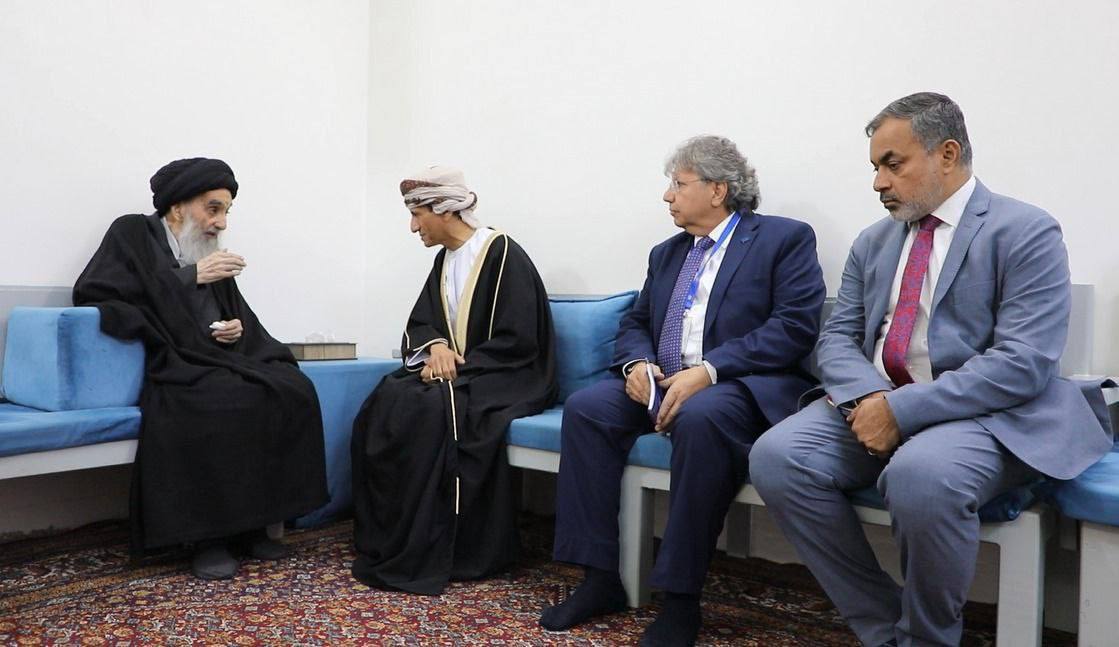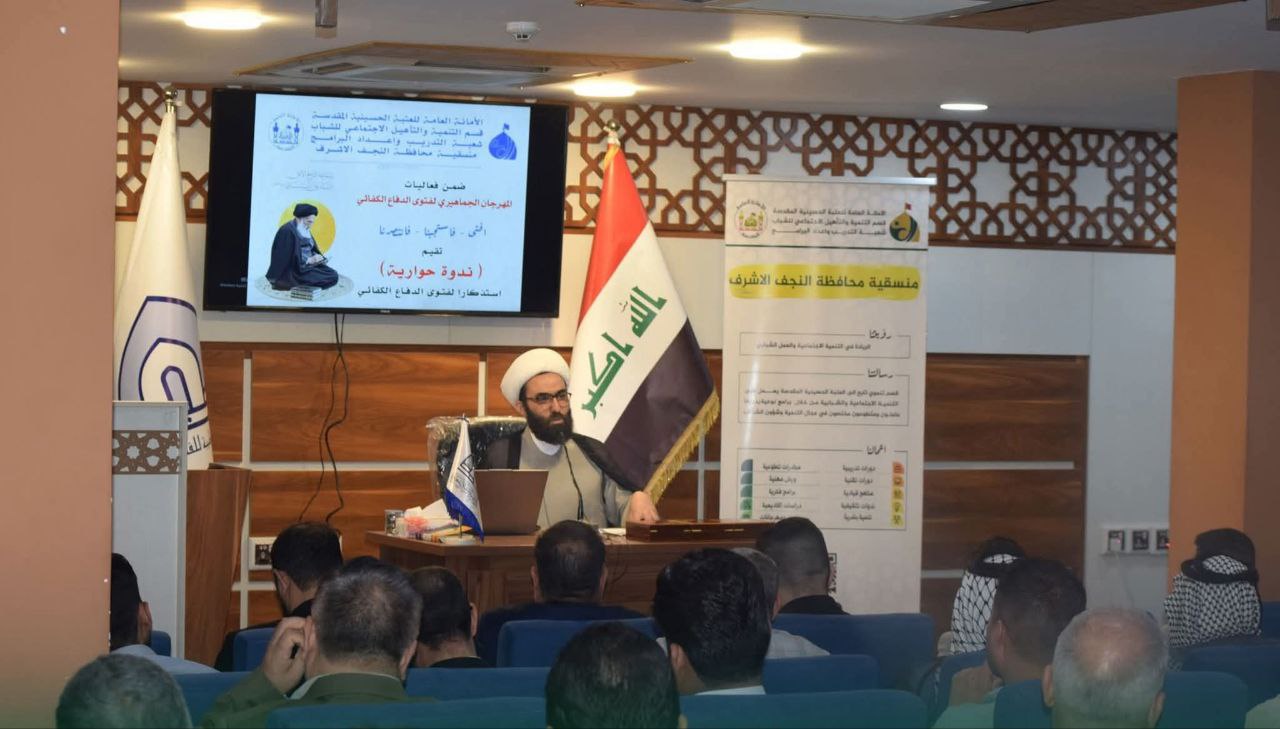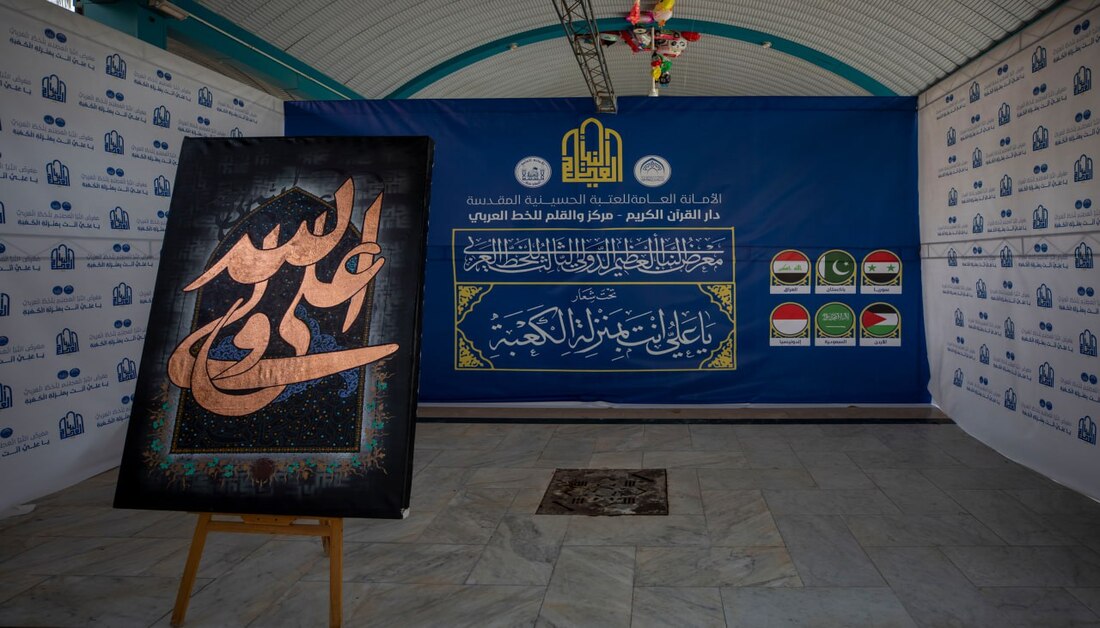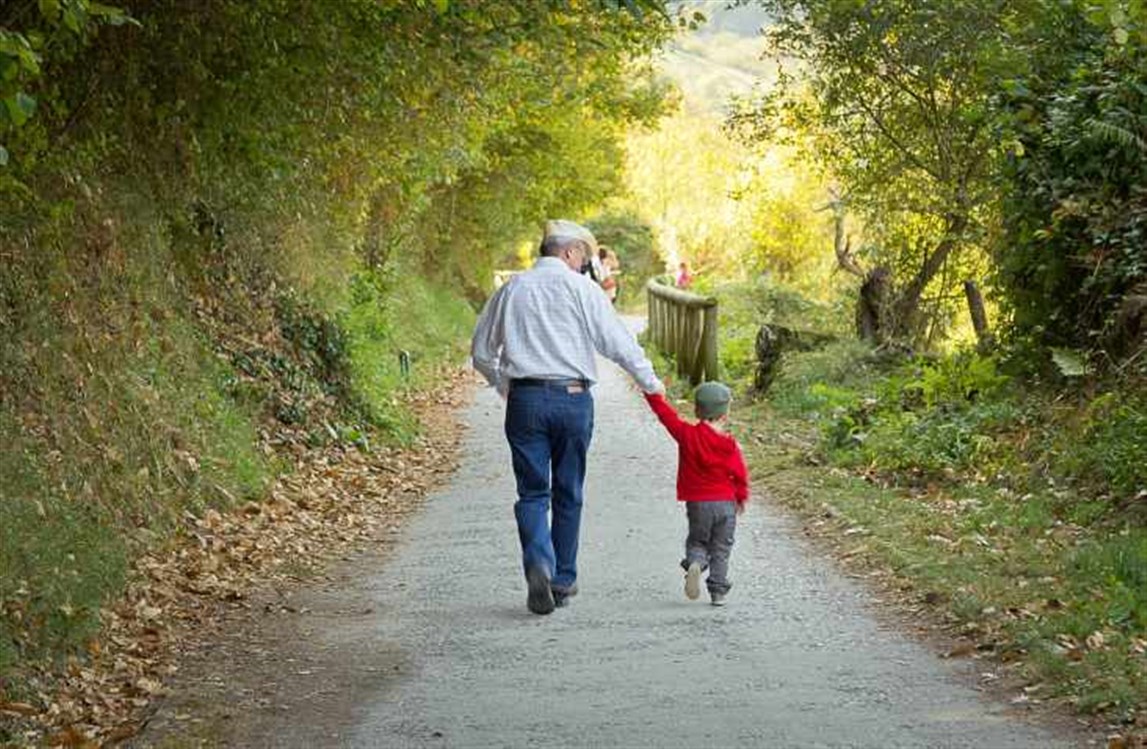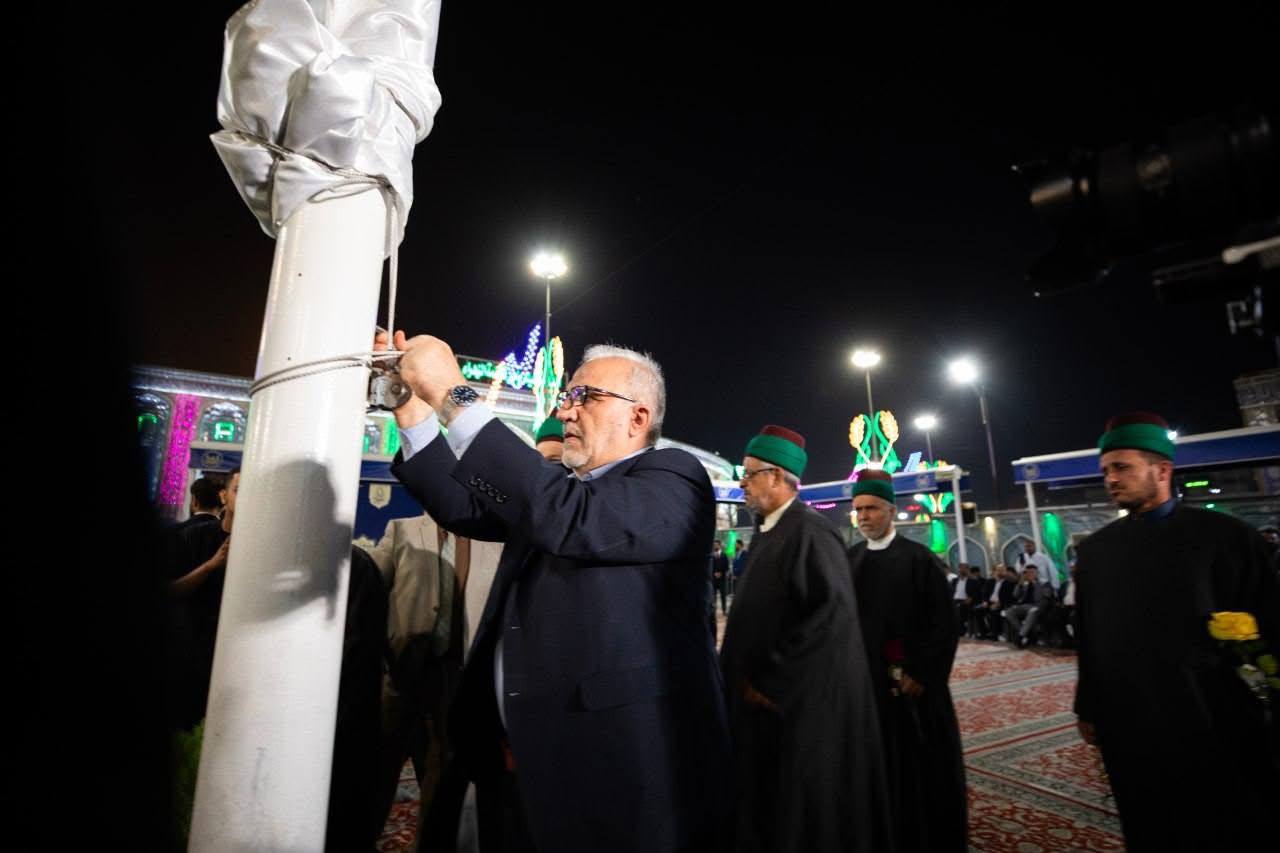Sayyid Sistani: The Quiet Force of Wisdom in Iraq’s Storm
In an Arab landscape often overwhelmed by the noise of politics and the clashing of arms, and amid two decades of storms that have swept through Iraq and disrupted its historical stillness. A single voice emerged, one that remained steadfast on the tone of wisdom, the voice of the Supreme Religious Authority, Sayyid Ali al-Sistani. A man who has never raised his voice, yet through his silence shook the conscience of politicians and changed the course of events.
Since the fall of the regime in 2003, the eyes of Iraqis and indeed, of regional and international observers turned to Najaf, where resides a man without an army or a political party, yet possessing such gravity and influence that even the most powerful forces weigh his words before they descend from the sanctuary of silence to the platforms of public discourse.
Sistani has never exercised political power, but he redefined politics through a moral lens. He called for a civil state where people turn to the ballot box, not the barrel of a gun. When the crisis intensified and cities collapsed before the advance of terrorism, his famous fatwa for “sufficient defense” was not a call to weaponize religion, but a document of salvation. Transforming defense into a disciplined collective responsibility.
Sistani distinguished himself with a rare ability to read the historical moment without ever compromising his religious and spiritual principles. When the country was on the brink of sectarian collapse, his voice rose above sectarianism, declaring: “Do not say ‘our Sunni brothers,’ but say ‘ourselves’”. A timeless phrase written into the hearts of Iraqis in both ink and tears.
He never issued inflammatory political statements, nor was he seen at any rally or gathering, yet he created calm in times of tension and mended spirits in times of fracture. In the battle to liberate Iraq from ISIS, in the youth-led protests, and in every critical moment that threatened the country, Sistani was present as a higher conscience, speaking when necessary and remaining silent when silence was more eloquent.
Perhaps his historic meeting with Pope Francis in Najaf in 2021 was not merely symbolic, but a pivotal moment in the discourse of religious tolerance. It was a clear message that Iraq’s religious authority is not confined within its own walls, but is a partner in restoring shared human moral sense.
Sistani never sought personal glory. Instead, he carved out space for the nation in the heart of the storm. He has always represented a different face of authority, one derived from the trust of the people, not from the power of weapons. An authority that says “no” to the oppressor, and “yes” to the citizen.
At a time when ideologies have become monstrous and sects have clashed, the Supreme Religious Authority chose the path of wisdom, becoming a guiding and fatherly voice in an Iraq that nearly lost its compass. And perhaps for this very reason, his name continues to echo throughout the Iraqi and Arab streets, not merely as a religious figure, but as a rare symbol of rationality in an age of fear.
As history records and time confirms, Sistani is not merely a scholar or jurist. He is a silent statesman, a reformer through compassion, and a thinker in the garb of the seminary. In short, he is the voice of wisdom in Iraq’s storm.
